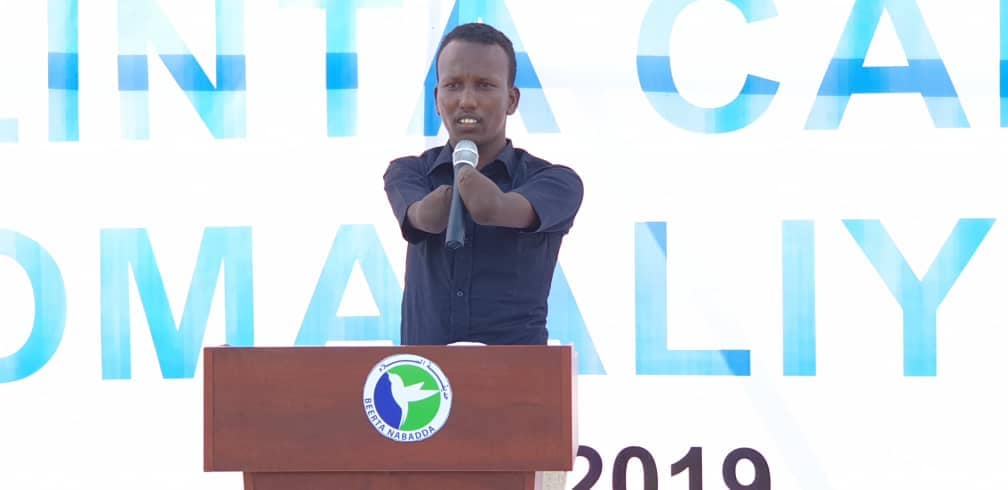NordenBladet — On 17 June, the Government submitted to Parliament a government proposal for a new act on executive assistance to the police by the Defence Forces. The key points of the proposal relate to the preparedness of the authorities, and the regulation on very exceptional situations and armed assistance. The aim is to update the legislation on executive assistance provided to the police.The new act would include more precise provisions on the conditions for providing executive assistance and on decision-making concerning executive assistance in exceptional situations. The act would also lay down provisions on implementing decisions on executive assistance and coordinating the activities of the police and the Defence Forces in situations requiring executive assistance. Similar amendments would also be made to the provisions of the Border Guard Act on critical executive assistance provided by the Border Guard to the police. Act aims to improve the preparedness and ability of the police to prevent crimes that threaten the lives and health of a large number of peopleOne of the aims of the new act is to improve the police’s ability to prevent, prepare for and immediately respond to a terrorist attack, for example. “The purpose of the amendment is to develop the process relating to executive assistance to make it more possible for the police to prevent, in advance, serious crimes against a large number of people, for instance,” says Heidi Aliranta, Senior Specialist from the Ministry of the Interior.The new act would include more precise provisions on the conditions for providing executive assistance and on decision-making concerning executive assistance. The aim is that a decision on critical executive assistance can be made sufficiently quickly with regard to the situation, and in a timely manner, based on sound information.No changes are proposed to everyday, regular executive assistance given by one authority to another; instead, the proposed amendments concern very exceptional situations in which police personnel or equipment are insufficient. Nor would the new act confer new powers on the Defence Forces or the Border Guard. The situations requiring executive assistance referred to in the act relate to the performance of police duties under the direction and guidance of the police.“Critical executive assistance is intended as a last resort to deal with very exceptional and rare situations, which the police seek to prevent primarily by other means. The hope is, of course, that the police will never have to use critical executive assistance. However, it must be taken into account that the operating environment has changed over the years and, in Finland too, we must be able to prepare for situations such as those serious incidents we have seen around the world,” says Aliranta.The legislative reform began in spring 2018 when the Ministry of the Interior launched the legislative project and set up a working group to prepare the project.
Source: Valtioneuvosto.fi

